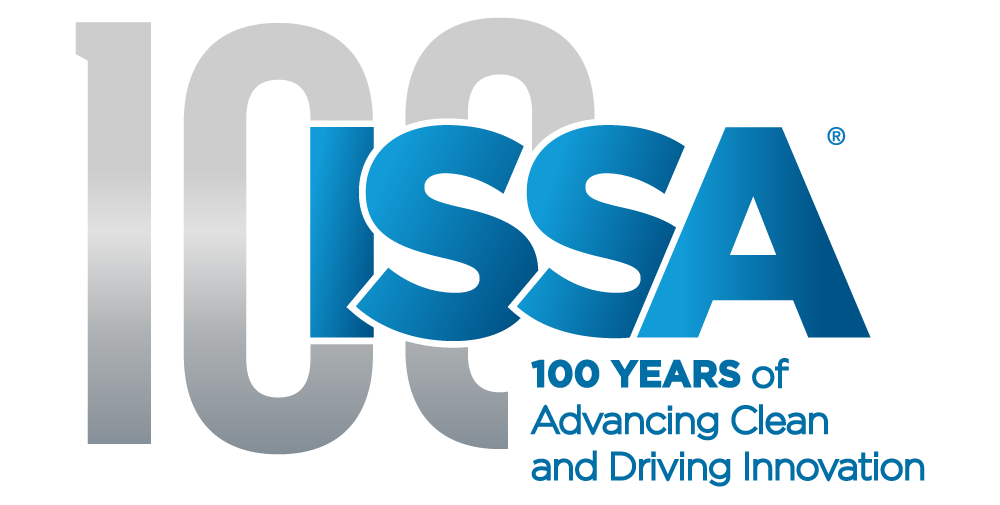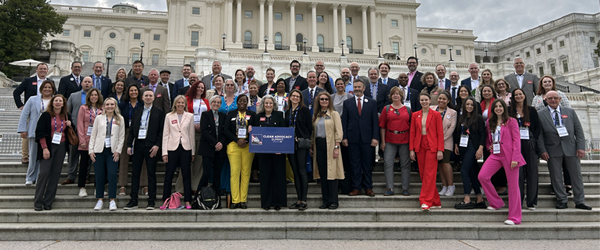The Ties THAT BIND

CBRE Group Inc. (Coldwell Banker Richard Ellis), one of the world’s largest commercial real estate services and investment companies, is involved with commercial real estate in more than 100 countries worldwide.
In November 2019, they released their annual Real Estate Market Outlook. While they viewed some potential clouds on the horizon, for the most part, they predicted 2020 would be an excellent year for commercial real estate. As to office space specifically, CBRE predicted that office space demand would remain strong in 2020, with an absorption forecast to total 20 million square feet.
As to the U.S. economy in general and those potential clouds on the horizon, CBRE foresaw that in 2020 the U.S. GDP (gross domestic product) would slow as various issues created higher levels of uncertainty. However, barring any unforeseen risk, it was assessed that a recession could be avoided and slow growth would continue in 2020, supporting the already strong property market fundamentals.
It appears the key words impacting both of their predictions were “barring any unforeseen risk.” COVID-19, if nothing else, is an unforeseen risk. While it has become known since the pandemic began that some observers, including doctors, scientists, and others, did predict a pandemic, for the most part, their projections got extraordinarily little notice.
So, we certainly cannot blame CBRE for getting this wrong. We know now that everything has changed since March 2020, and the changes are still coming. One cleaning consultant, Mike Sawchuk, commented, “We are not going to have just one new normal. We can expect many new normals in months and years to come.”
One new normal impacting the commercial real estate and professional cleaning industries is remote working. For instance, in January 2021, United Airlines, headquartered in Chicago, announced it was cutting back on its Willis Tower office space by 17%, amounting to about 150,000 square feet.
Some of this scaling back is the result of United reducing its workforce. But a great deal of it is because many of their staff are now working remotely. The office space is no longer needed. As with other companies like United, remote working, on a large scale, has proved to have worked out far better than they realized.
This has put the owners and managers of Willis Tower in a challenging position. As demonstrated in many other cities, Chicago’s commercial real estate market is struggling.
But here is the connection to the professional cleaning industry. The cleaning contractor that maintains Willis Tower must scale back their charges due to the 150,000 square foot vacancy. This means not only will it need fewer custodial workers to maintain the property, but along with it, fewer cleaning supplies and equipment, ultimately spreading the pain throughout the industry.
As we mentioned, Chicago is not alone when it comes to commercial real estate. According to an article in the Commercial Observer entitled Office Space Demand Remains Sharply Down from Pre-COVID, “Demand for leasing office space was down 61% annually in December 2020,” and, “In New York City, demand for office space was down 74% compared with before COVID. Many companies continue to have their employees work remotely—estimates suggest that less than one-fifth of Manhattan’s office space is occupied on any given workday—and even commercial real estate firms that service the industry are planning for a future with much less leased space.”
The only bright spot, if you can call it a bright spot, comes from another commercial real estate services company, VTS Inc. (View The Space). According to the VTS Office Demand Index (VODI), “Los Angeles continues to be a bright spot with office leasing activity currently only 35% down from pre-crisis demand levels.”(Italics added by this author.)
Is working remotely the future?
Stephen Ashkin, long known as the professional cleaning industry’s “expert” and “go-to person” when it comes to green cleaning, is also a leading advocate for the industry. He and his family have been involved with the professional cleaning industry and its success for decades.
Recently Ashkin interviewed David Hewett, a veteran of the commercial and corporate real estate industry for over 30 years, former Chairman of BOMA (Building Owners and Managers Association International), and a BOMA International Fellow. The Fellows program recognizes those that have made exemplary contributions to the commercial real estate industry at all levels, serving as mentors, consultants, and advisors.
The following are key points discussed in Ashkin’s interview of Hewett, specifically those that impact the professional cleaning industry:
Q: Is remote working here to stay?
Yes, but it will not look the same as it does today or before the pandemic. Employers will have many of their staffers come to the office in shifts throughout the day and on certain days. This will help reduce crowding in the office and elevators, which are a big concern.
Q: Do you think employers will have second thoughts on remote working?
I do. Already some are reporting that it is harder to train people when they work remotely. In some cases, professionalism suffers. When a customer must discuss an issue with a bank representative working remotely, for instance, and hears his children playing in the background, it just does not sound professional. Here are two key reasons I believe remote working will be reduced:
Many employers have spent a great deal of time and energy building a company culture. The company’s culture helps make a company a brand. With staff working remotely, the ties that bind those cultures are starting to fray.
Further, most of us like to be with other people. We want face-to-face time. It makes us feel better about ourselves and each other. Ultimately, it’s a better way to get more accomplished, which is good for the staff and the employer.
Q: Do you see cleaning changing?
The word “cleaning” will be replaced with “sanitizing.” Cleaning implies making the office look better. Sanitizing, on the other hand, is a big step further. It means custodial workers will be using products, methods, and equipment purposely engineered to eliminate potentially disease-causing pathogens from surfaces. Fortunately, they should be able to do this using products and methods that protect their health, as well as the health of building users and the environment.
Q: What will the post-pandemic office look like?
Here is where the most noticeable changes will occur. Even after the vaccines are more widespread and there is more emphasis on sanitizing facilities, the virus will still be a concern for years to come. Because of this, densely compacted office spaces will be remade. They will be replaced with more distance between workers, and along with more space, partitions and screens will be installed. This will promote social distancing.
Distributors and the new normal
As already discussed, the future of the professional cleaning industry is very closely tied to the commercial real estate industry. Many jansan manufacturers and distributors have been exceedingly busy this past year, doing quite well keeping end users stocked with disinfectants, sanitizers, and other products to help slow the spread of infection. “But long term, this new normal may not continue,” says Michael Wilson, vice president of marketing for AFFLINK, which counts more than 300 independent distributors among its members.
“What we view as the next new normal is the bundling of several products designed to protect health and slow the disease,” says Wilson. “These bundles might include N-List disinfectants, misting technologies that have proven effective during the crisis, and even hand sanitizers and custodial safety gear.”
According to Wilson, the power of bundling products, especially now when dealing with the pandemic, is that it creates more value for the end user. “To see the light at the end of the pandemic’s tunnel, customers are not looking for just one product; they want a combination of products to help ensure protection.”
He adds that bundling helps distributors as well. “The customer will see the bundle as a combination of products, all designed to work together to keep people safe and healthy. This should make purchasing the bundle easier. Then, distributors can design a ‘COVID-fighting plan’ for their clients, using the bundle of products.”
A tough learning experience
In an industry webinar earlier this year, attendees (mostly unemployed) were told to look at the pandemic as a tough learning experience. “Good shall come of this. Most of you will be stronger, learn more, including new skills, be more adaptable, more flexible, and become more valuable in the eyes of future employers.” Interestingly, it appears this advice applies to the professional cleaning industry as well. Good shall come of this, and our industry will be stronger as a result.

















